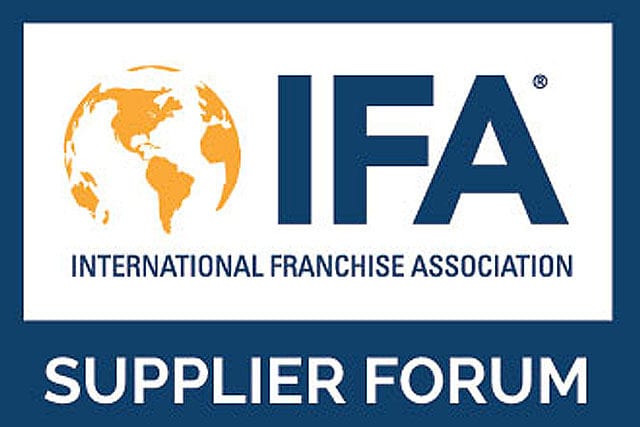Franchise Relations
In Greg Nathan”s Franchise Relations Tip #19 Greg talks about the difference between proactive planners and opportunistic planners and the effect each management style has on those they work with. Checkout Greg’s latest Franchise Relations post and find out more about …
The Boss Who Causes Stress
Franchise Relations Tip #19 by
Greg Nathan, Managing Director
Franchise Relationships Institute
I have just returned from a five day international conference in Melbourne where 2,500 psychologists shared the latest research and trends in measuring and enhancing human performance.
There was an amazing range of topics and sessions on sport, education, leadership, relationships, entrepreneurship, health and coaching. I also shared some of our own research on improving franchisee satisfaction.
In one darkened room I wandered into, a young psychologist was out front presenting slides on her research into the business planning styles of entrepreneurs. She explained that most entrepreneurs were either
proactive planners (goal directed with a structured approach) or opportunistic planners (opportunity directed with a flexible approach).
The cobbler has no shoes
Because I am more of an opportunistic planner I was initially pleased to hear that both approaches encouraged high team motivation and delivered positive outcomes. However my fascination turned to embarrassment when she moved to the next stage of her presentation – the impact of each style on stress levels.
People working with opportunistic planners suffer significantly higher levels of stress and strain.
While we have an extremely motivated team at our office I have been concerned for some time about the high level of stress people seem to be under – and making suggestions of things they might do to reduce this stress. Of course it never occurred to me that I might be the problem!
This realisation prompted me to think of one of my favourite sayings, “The cobbler has no shoes”. In other words the thing you are supposed to be an expert in is probably your blind spot.
How strengths turn to weaknesses
These research findings also reminded me of a particular type of complaint we hear in our franchisee satisfaction surveys. Franchisees generally buy into a franchise system because they are looking for a structured approach to growing their business. Those that belong to systems led by opportunistic entrepreneurs often say their franchisor’s lack of structured planning when rolling out new initiatives drives them nuts. “How can I plan my local promotions”, they say, “when our franchisor keeps moving the goal posts with the national marketing strategy?”.
All strengths turn to weaknesses when used to extremes. While some structure is important to the efficient implementation of plans, this can become dangerous rigidity if overdone. And while flexibility is critical for innovation, it can lead to chaos – and stress on others – if not tempered. Like most good things in life a balanced approach is probably best. This is often most successfully achieved by having a team around you that have different strengths to you. And of course listening to them rather than trying to cure them!
We”ll dig in deeper on some great techniques to get franchisee buy-in and support to new initiatives at our upcoming Profitable Partnerships Boot Camp on October 5 & 6 in Atlanta. Hope you can join us!
Greg Nathan
Managing Director
Franchise Relationships Institute
A note from Katrina:
Our fabulous Event Partners are offering $2,300 worth of Early Bird Bonuses for any brand that registers before 9/15/10! Check out these valuable gifts at
www.FranchiseSpeakers.com/Franchise-Relations-Boot-Camp . Let me know if I can be of help – 720-302-3710



